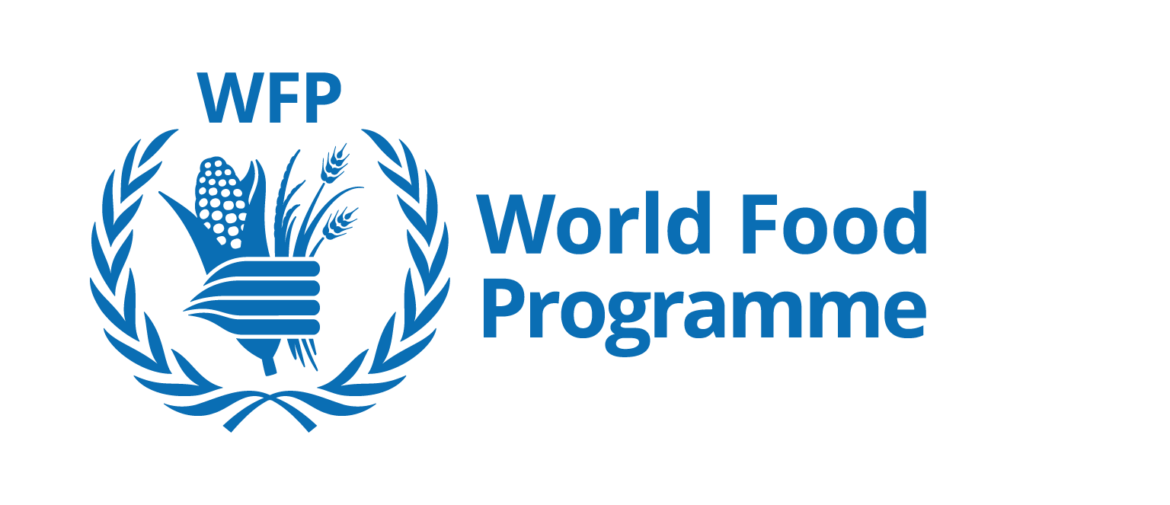By Muhammad Amaan
Fresh fears have been raised over looming hunger as the World Food Price has projected that 31.8 million Nigerians (16 per cent of the population analysed) are projected to face crisis or worse levels of acute food insecurity between June and August 2024.
This was indicated in the WFP’s latest June to October 2024 outlook published on its X account.
According to the report, nearly 1 million people in the country are projected to be in a state of emergency mode to acute food insecurity.
Breaking down the five phases of food insecurity on a scale of one to five, WFP noted that phase one represented minimal food insecurity; phase 2 stressed food insecurity; phase 3 showed crisis food insecurity; phase 4 emergency food insecurity and phase 5, catastrophic food insecurity.
The statement partly reads, “Between June and August 2024, 31.8 million people (16 per cent of the population analysed) are projected to face crisis or worse (Phase 3 or above) levels of acute food insecurity, with nearly 1 million people projected to be in Emergency (Phase 4).
This represents a three-percentage point increase in the number of acutely food insecure people compared to the same time in the previous year. Acute malnutrition levels remain high, above 10 per cent, in the northern states (Borno, Yobe, Sokota, Katsina and Zamfara), with 4.4 million children and 585 000 pregnant and breastfeeding women projected to be acutely malnourished in 2024.”
WFP further projected that food insecurity would likely remain highly concerning, due to a multidimensional crisis driven by weakening macroeconomic conditions, heightened insecurity and subdued agricultural production in the northern part of the country.
It added, “The security situation is likely to continue to deteriorate, exacerbating population displacement. This is a particular concern for the northern states, which have already seen an uptick in insurgency, banditry and kidnapping in the first quarter of 2024.
“Insecurity has been disrupting agricultural livelihoods and affecting the functionality of markets.321 Insecurity results in high humanitarian access constraints, particularly in the northeast, restricting the delivery of assistance to government-controlled towns and their immediate surroundings.
“This is a particular concern for the northern states, which have already seen an uptick in insurgency, banditry and kidnapping in the first quarter of 2024. The latter increased by 44 per cent in the first quarter of 2024 compared to the same period in 2023. Insecurity has been disrupting agricultural livelihoods and affecting the functionality of markets.
“Insecurity results in high humanitarian access constraints, particularly in the northeast, restricting the delivery of assistance to government-controlled towns and their immediate surroundings.”
WFP noted that in March 2024, the inflation rate exceeded 33 per cent year-on-year, eroding the frail purchasing power of many households in a country where 38 per cent of Nigerians live below the poverty line.
It added, “On top of that, the naira has been strongly fluctuating, registering a yearly depreciation of 60 per cent in February 2024. Due to below-average cereal production in 2023 and high transport costs, prices of major staples such as rice and maize were 105 and 241 per cent higher, respectively, on a yearly basis, in February 2024.
“During the outlook, import restrictions amid abating foreign reserves, increasing farming costs, and high levels of conflict in the North East, North West and parts of the North Central zones will likely impact the 2024 agricultural season.”
The WFP, further warned that this will cause reduced yields and elicit further inflationary pressures.




